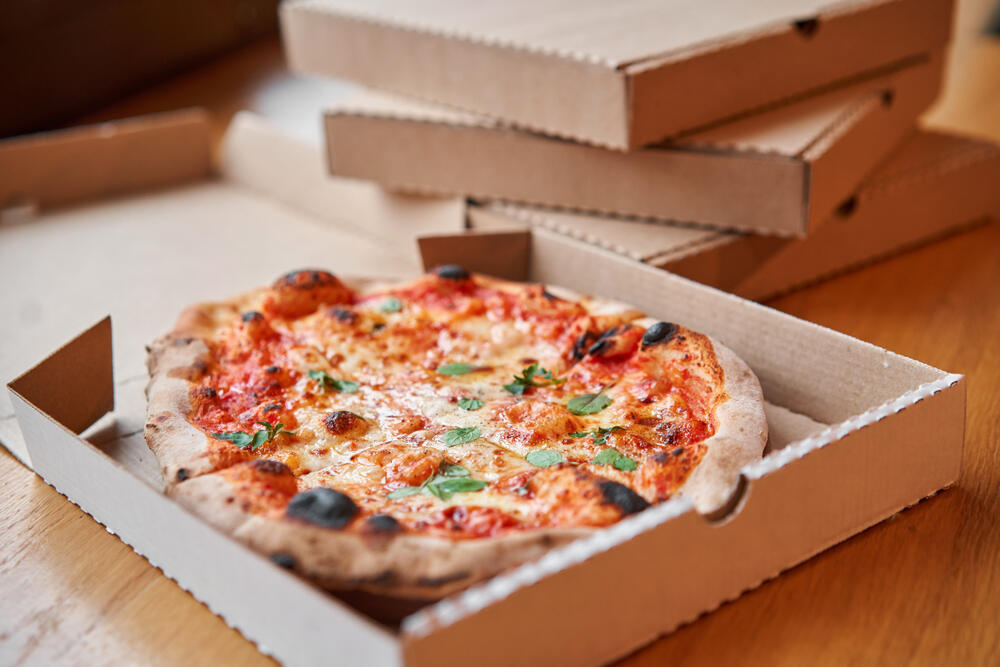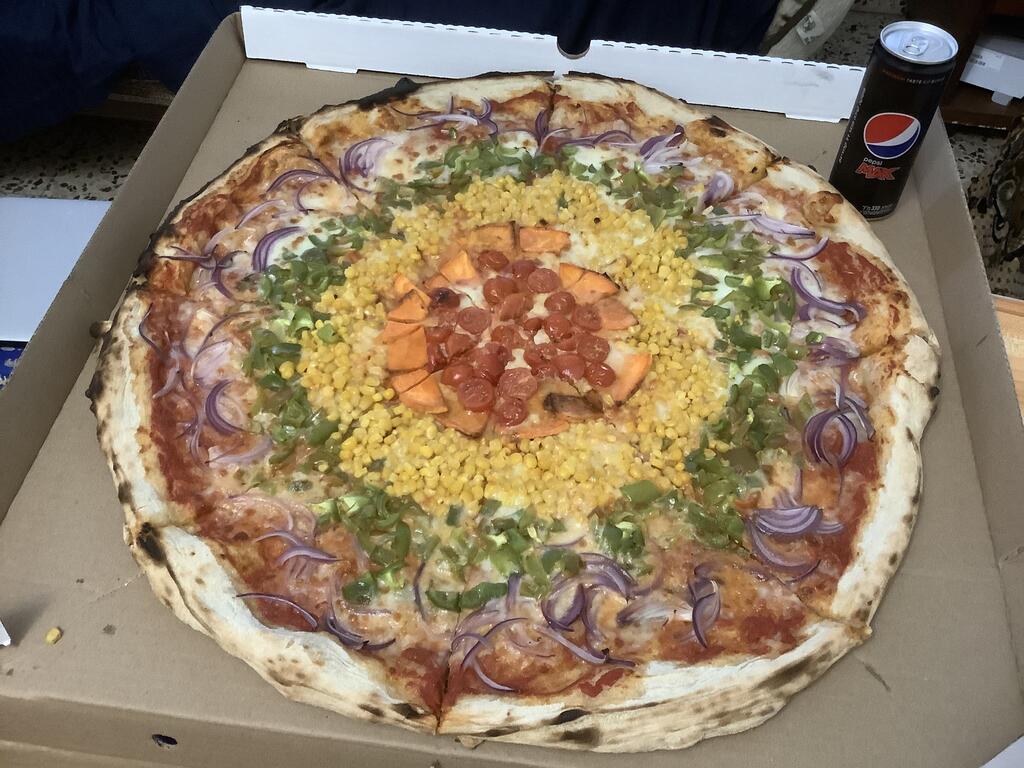Israeli food importers are voicing frustration over strict kosher certification requirements imposed by the Chief Rabbinate, arguing the demands—such as altering product shapes and ingredients—are arbitrary, costly and ultimately raise prices for consumers.
A recent case involved an importer seeking to bring kosher-for-Passover pizzas into Israel. While the pizzas met kosher standards, the Rabbinate required them to be visibly distinguishable from regular pizzas.
Since the overseas factory could not produce non-round pizzas, the Rabbinate instead demanded a “mountain of cheese” in the center. The importer objected, citing impracticality and an estimated 15% increase in production costs, on top of an 8-10% rise due to mandatory kosher supervision abroad.
Get the Ynetnews app on your smartphone: Google Play: https://bit.ly/4eJ37pE | Apple App Store: https://bit.ly/3ZL7iNv
The Rabbinate's strict regulations extend beyond pizza. Importers report cases where soup mandels had to be changed from cubes to rings, coriander and cumin were banned and kosher-for-Passover cornflakes had to be dyed orange. Even gluten-free products—free of chametz (leavened ingredients)—face additional packaging and labeling modifications, further inflating costs.
Industry insiders attribute the heightened stringency to the Rabbinate’s restored monopoly after efforts to introduce competition in kosher certification were frozen two years ago.
The Federation of Israeli Chambers of Commerce is now challenging some of the Rabbinate’s latest regulations, including new dairy import restrictions that could increase costs by 30%. Importers warn that such policies not only raise prices but also reduce the availability of kosher-for-Passover products in Israel.




